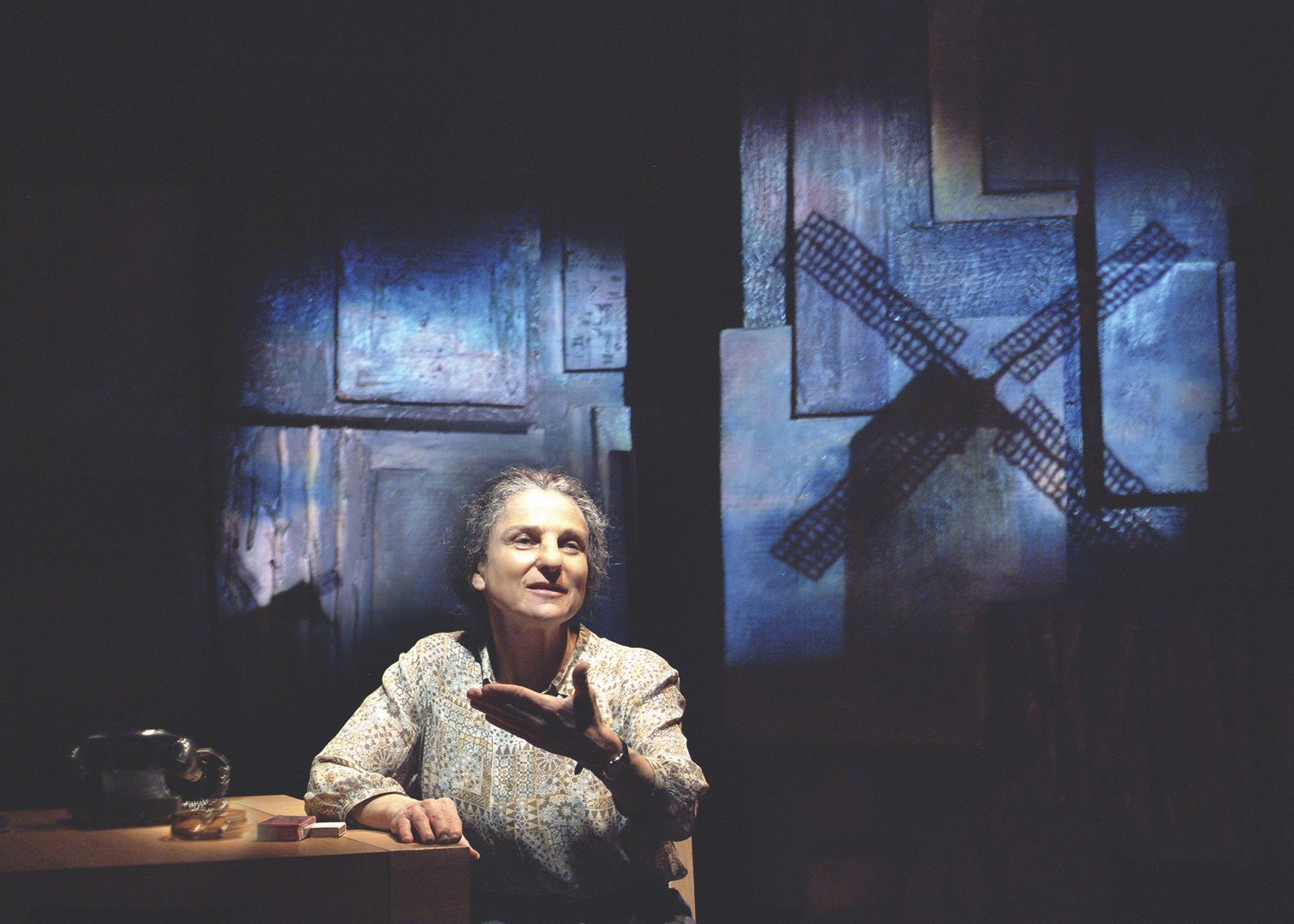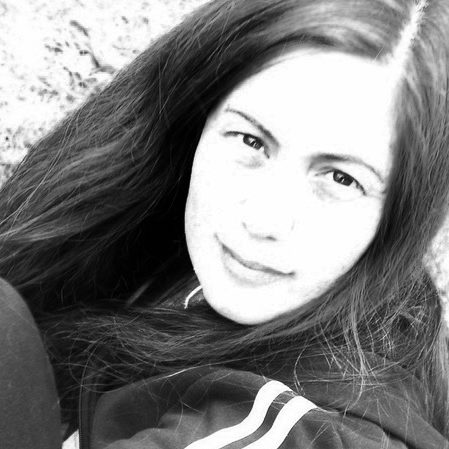
When Tovah Feldshuh accidentally called me instead of Los Angeles Jewish Film Festival Executive Director Hilary Helstein a couple of weeks ago, we had a good laugh. Just days before, when I was supposed to phone Feldshuh for this interview, I accidentally called Rabbi Joseph Telushkin.
“I’m so sorry I called you a little late,” I said and explained the mixup, “but Rabbi Telushkin sends his regards.”
“Oh!” Feldshush declared. “I hope he and his dear wife, Dvorah, are well. Dvorah was the assistant to Isaac Bashevis Singer when I did [the 1975 Broadway production of] ‘Yentl.’ It’s a very small world.”
It is indeed. Fifteen years after I interviewed Feldshush for this publication about her starring role as late Israeli Prime Minister Golda Meir in the one-woman hit Broadway show “Golda’s Balcony,” we found ourselves speaking again. This time, to discuss the full-length film version of “Golda’s Balcony,” produced by David Fishelson. The film is a live recording of the 2003 off-Broadway production of “Golda’s Balcony.”
The sold-out show eventually transferred to the Helen Hayes Theater, where it ran for 16 months, making it the longest-running one-woman show on Broadway. Feldshuh also enjoyed a stint with the production in Los Angeles. On May 9, the film “Golda’s Balcony” will close out the Los Angeles Jewish Film Festival, followed by a Q&A with Feldshuh.
Despite the fact it has been a decade and a half since she played Meir, Feldshuh still speaks about the role with conviction and passion. Written by William Gibson, the play explores much of the late prime minister’s life, but mostly focuses on the period surrounding the 1973 Yom Kippur War and the almost impossible decisions Meir had to make.
The play opens with Meir at age 80. “I’m now 15 years closer to Golda’s age in the play,” Feldshuh said. What makes the film so powerful, she said, is that “it’s so up close and personal. This footage was taken in a 140-seat house. The cameras were on top [of me]. It marked every subtle feeling I had. It was also very early in the work. I had done the play for maybe three months.” The film, she continued, allowed her to be “in the palm of the audience’s hands and obviously in the center of their soul and heart. Here’s the sound bite,” she quipped. “ ‘Everybody has a front-row seat.’ ”
That recorded performance also captured Meir’s reserve, Feldshuh said. “It had her fighting never to cry. She was there for the State of Israel hook, line and sinker, and I was there for Golda Meir hook, line and sinker. The piece was better than I remember or expected. I’m very pleased, and [Fishelson] has been a huge supporter of the work. Then the [film] started to open in these festivals and four out of four festivals gave us first prize, so go figure.”
“[Golda] was there for the State of Israel hook, line and sinker, and I was there for Golda Meir hook, line and sinker.” — Tovah Feldshuh
Does she believe this newly released film will open up “Golda’s Balcony” to new audiences? “I think our dream is to get to every festival we can under the sun and get the imprimatur of the first prizes — as many as we can garner and then parlay that toward a bigger audience: maybe a Netflix, maybe an Amazon,” she said. “Hopefully, a place where [it] will be prized forever and anybody who wants to meet this aspect of Golda Meir will be able to do it.”
Feldshuh said she’d love to perform the show again. “I would love to do it live in Israel. The Jaffa Fest has invited me to come under the artistic direction of Noam Semel for just two performances next May. Obviously, I’d love to do a lot more. I’d love to be booked in Germany. I’d love to be booked in Austria. I’d love to be booked where anti-Semitism is lurking.”
While this interview was conducted before the attacks in Sri Lanka and at the Chabad of Poway, Feldshuh had a lot to say about anti-Semitism and the politics of divisiveness. When I interviewed her in 2004, she told me she used to post the list of names of all American soldiers killed in Iraq on the wall in the theater and read them every night before she went onstage to play Meir.
Today, she said, “We didn’t know then there were no weapons of mass destruction. We got rid of Saddam Hussein, but look what happened with Iran. I’ve never seen such divisiveness in my world.”
Her concern today, she said, “is for the massacre in Pittsburgh. My concern is for the massacre in New Zealand. My concern is for the bombing of 300 Australians in Bali years ago. The Israelis said to me in 1999 and 2000, ‘Stay alert. If you are easy on terrorists and you don’t come to Israel’s aid dealing with terrorism, you will be visited by the same nightmare.’ And sure enough, our world collapsed on Sept. 11, 2001.”
Violence, she said, takes many forms, “and it’s sadly present because it sits at the base of the spirit of man along with our goodness and decency and evolution as Homo sapiens.”
Stating that “we have a president who is an amoral guy and who didn’t come out fully against the Ku Klux Klan and we had that horrible incident in Charlottesville,” Feldshuh believes the time is ripe for America’s own Golda Meir — male or female.
“We really do need a moral compass in the White House,” she said, “and I know how complicated the presidency must be, but this can’t possibly be the answer. We have elected a media star. How can we expect him to be a proper president? I would love to see a brilliant, moral human being who is a clever internationalist and peacemaker.”
Paraphrasing a quote from “Golda’s Balcony,” Feldshuh said, “I have the most powerful army in the world, but when my boys come home from their military victories and shut their bedroom doors and mourn for the youth they have lost, we are not interested in victories, we are interested in sharing water and growing new kinds of strawberries.”
And it’s Meir’s famous quote, “There will be peace when the Arabs love their children more than they hate the Jews,” that Feldshuh said “is still true. The idea of having a two-state solution, which I absolutely believe in, is so that babies — Palestinians or Israelis — aren’t being killed in their cribs.”
“Golda’s Balcony” will screen at 7:30 p.m. May 9 at the Ahrya Fine Arts Theater, 8556 Wilshire Blvd., Beverly Hills. A Q&A will follow with Tovah Feldshuh and Jewish Journal Managing Editor Kelly Hartog.





















 More news and opinions than at a Shabbat dinner, right in your inbox.
More news and opinions than at a Shabbat dinner, right in your inbox.